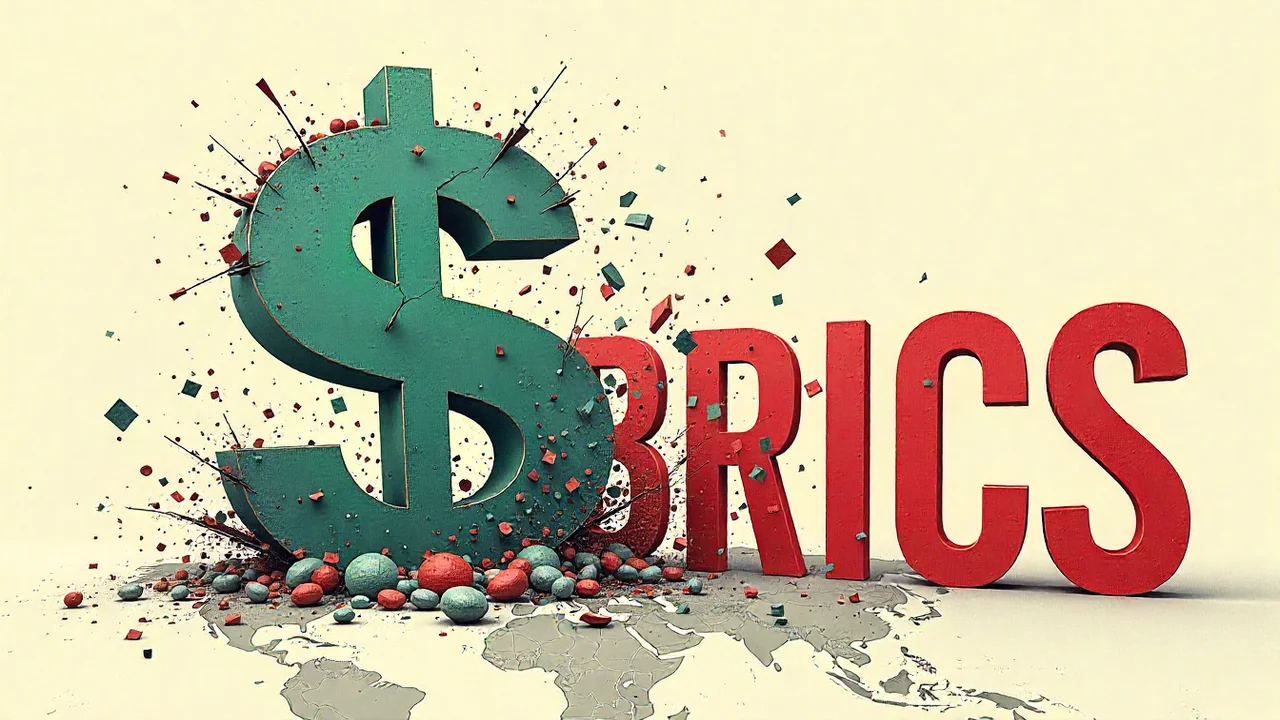Catenaa, Sunday, September 07, 2025- Central banks and emerging economies are accelerating moves to reduce reliance on the US dollar in favor of gold and alternative currencies, reshaping the global financial system.
The trend, often described as de-dollarization, is evident in record gold purchases by nations such as China and India. BRICS members, now joined by Saudi Arabia, the United Arab Emirates and Egypt, are exploring options for a competing currency that could be linked to commodities like gold or oil.
Economists said such a shift could diminish US Treasury demand, push overseas dollars back into domestic markets and trigger inflation with higher interest rates.
Analysts trace the trend to US monetary policy over the past decade, marked by low interest rates and heavy stimulus. The decision to freeze Russia’s reserves after its invasion of Ukraine highlighted the risks for nations holding wealth in dollars, spurring efforts to diversify.
Rising US sanctions and tariffs have also encouraged foreign governments to look for alternatives in trade and finance.
Despite these developments, the dollar remains the primary reserve currency, making up most central bank holdings. Experts believe the transition away from it is gradual rather than sudden, but investors are being advised to hedge against the trend.
Precious metals, real estate and infrastructure are among assets considered more resilient in an inflationary environment.


